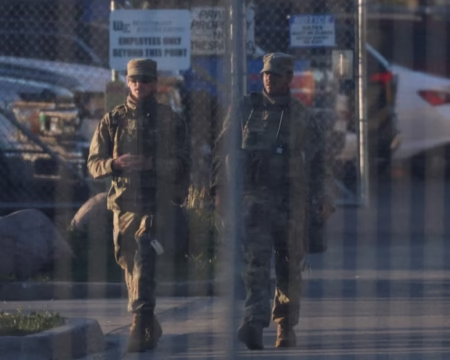A recent study has raised alarms about the possible consequences if Arab and Muslim-majority countries impose a joint air blockade on Israel. The report, published by a research center in the United Arab Emirates, suggests that such a move could have deep economic, political, and security consequences for Israel and the wider Middle East.
The analysis comes after an Israeli strike on September 9 in Doha, Qatar, which killed six people, including a Qatari security officer. Although no senior Hamas leaders were killed, the attack fueled anger across the region. Days later, the Organization of Islamic Cooperation and the Arab League held an emergency meeting in Doha with 57 member states. The meeting discussed possible responses to Israel’s actions and explored options for stronger collective measures.
According to the research center, an air blockade could cause Israel’s gross domestic product to fall by up to 5.7 percent. This decline would push the country into a deep recession. Israel’s national airline, El Al, would face losses of between 60 to 75 percent of its revenue as flight routes shrink.
The study highlights that if Arab and Muslim-majority states unite to block Israeli flights, the cost of rerouting flights would rise sharply. Each journey could take four to six hours longer, adding costs ranging from 30,000 to 60,000 dollars per flight. The disruption would not only hit airlines but also raise prices across many sectors.
The report warns that Israel’s tourism industry could collapse under a regional air blockade. With international visitors unable to reach the country directly, hotels, restaurants, and tour services would face sharp declines. Exports of high-value goods, such as diamonds and medical equipment, would also be disrupted. These products depend on fast and secure transport routes, which would be cut off under the blockade.
International contracts could also be canceled, and many global research and development projects currently based in Israel might shift to other countries. This would weaken Israel’s role as a technology hub.
Beyond economic challenges, the report argues that an air blockade would create a new regional security structure. The United States, Israel’s closest ally, would be forced to make tough choices. Washington would struggle to balance its support for Israel with its strategic partnerships with Arab and Muslim nations.
If powerful members of the Islamic Cooperation Organization such as Turkey, Pakistan, and Indonesia join the blockade, Israel would lose direct links with emerging markets in Asia and Africa. This would cut off Israel’s eastward and southward flight routes, isolating the country further.
The study notes that alternative routes would be much longer, leading to a rise in operating costs. Airlines would spend more on fuel, staff, and maintenance. This would increase ticket prices and reduce competitiveness. For Israel’s export-dependent economy, the longer delivery times could make products less attractive to international buyers.
Analysts at the research center stress that such a coordinated move would not only harm Israel’s economy but also reshape the political map of the Middle East. The report suggests that the region could see a fundamental shift in alliances, as Arab and Muslim nations use collective action to pressure Israel.
While it is still uncertain whether the Organization of Islamic Cooperation and the Arab League will move forward with the plan, the debate itself reflects growing frustration over Israel’s actions in Gaza and beyond. Experts believe that even the possibility of an air blockade could affect investor confidence and diplomatic ties.
The report concludes that Israel now faces a serious strategic challenge. Any unified air blockade would damage its economy, weaken its global trade links, and create new diplomatic crises. For the Middle East, it could mark the start of a new geopolitical era.







